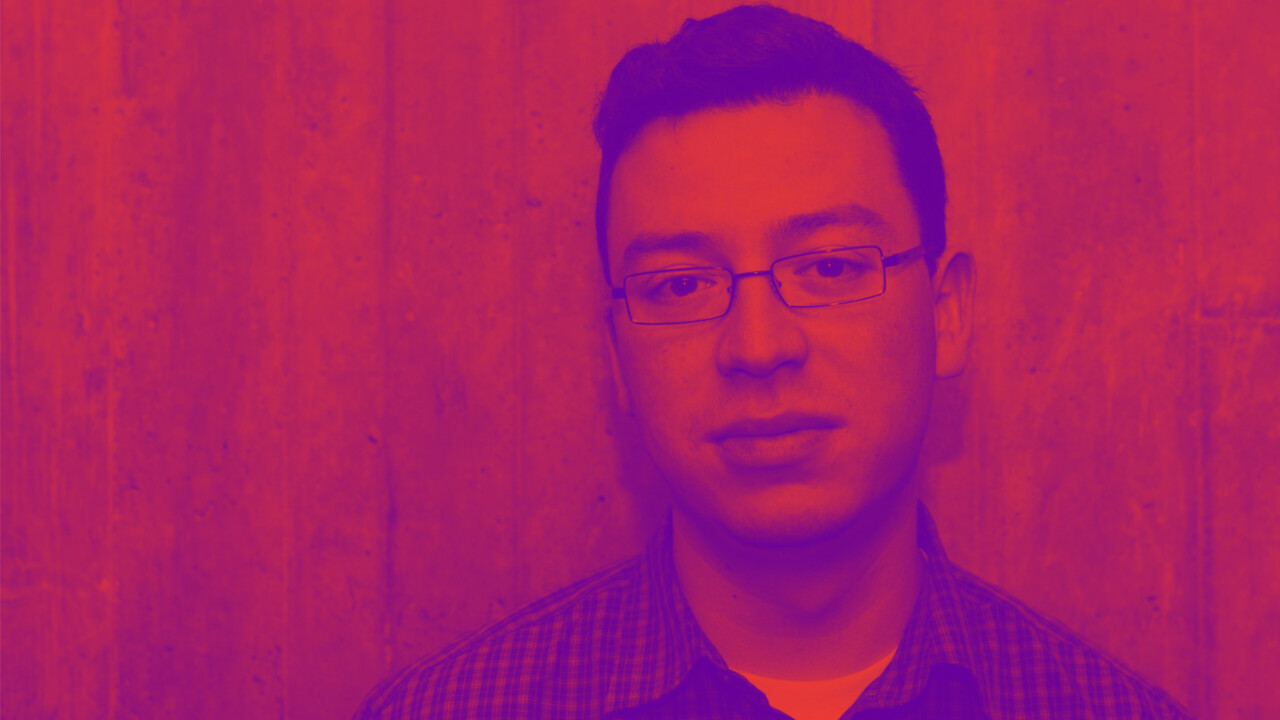
Telling people you’re an associate professor in Computer Science at Carnegie Mellon University after having completed your PhD at 26 sounds very impressive. For Duolingo CEO Luis von Ahn, it’s just a bullet point on his long, formidable résumé.
When he was 12 years old, Luis von Ahn came up with a plan to make gyms free. People exercising on machines can generate electricity, he figured, and that energy is valuable. So why not eliminate gym fees, hook all the machines to a power grid, and sell the wattage produced to a major electric company? While that idea didn’t pan out, his two companies Captcha and reCaptcha (sold to Google for an undisclosed amount) did.
In 2000, web-based email was a big hit with a major problem: spammers were bombarding users from automatically created accounts – as soon as one account was shut down, a new one was created. Similarly, concert and event tickets were automatically snatched by bots in order to be resold for a profit. A way of distinguishing between humans and automated visitors was needed.
Here’s where a 22-year-old Luis von Ahn, a few weeks into grad school, came up with a solution. Together with his supervisor Manuel Blum, von Ahn came up with the “Completely Automated Public Turing test to tell Computers and Humans Apart”, or Captcha. A Captcha form requires users to type the letters of a distorted image:

In 2007, the transition from Captcha to reCaptcha was a game-changer. The 10-second task of identifying a distorted word to prove you aren’t a robot was wasting two billion seconds of human time everyday – ReCaptcha took that time, and used it for crowdsourcing: it works like a regular Captcha (to sift out the bots), but simultaneously aids in the digitization of books. Websites subscribed to the validation service are provided with images of words that computers have difficulties recognizing with their optical character recognition (OCR) software. Humans prove they’re… human… by deciphering these words for the computer. Pretty cool, huh?
The impact that this simple idea had cannot be overstated: in 2008, when the New York Times told Luis that they were currently digitizing their massive archive at a rate of 27 years’ worth of articles every 10 years, he must have been close to laughing. When reCaptcha took over, it digitized 129 years’ worth of articles in less than 24 months.
Von Ahn’s two companies made him one the world’s most sought-after computer scientists, garnering him a $500,0000 MacArthur Genius Grant and another $200,000 from Microsoft’s Research Faculty Fellowship program. Bill Gates even phoned Luis personally to recruit him for Microsoft – an offer he kindly refused.

Now he’s powering a new revolution through Duolingo, a language learning app that has given billions of lessons to more than 120 million users worldwide.
And this time, Luis is going a step further. Duolingo is helping to bring free education to the world, translating the entire web, and getting progressively smarter in its teaching techniques through machine learning – all at the same time.
Catch him at Momentum
Millions have benefited form Luis von Ahn’s brilliant ideas, and in November this exceptional innovator is coming to share his insights at Momentum – our new tech event for New York.
He’ll be joined by a meticulously selected group of world-class speakers, including Mattermark Co-founder and CEO Danielle Morrill, Slack Co-Founder and CTO Cal Henderson, and Buffer Co-founder and COO Leo Widrich.
There are some pretty good stories behind why we selected each of them – read them on our speaker page.
Get the TNW newsletter
Get the most important tech news in your inbox each week.




